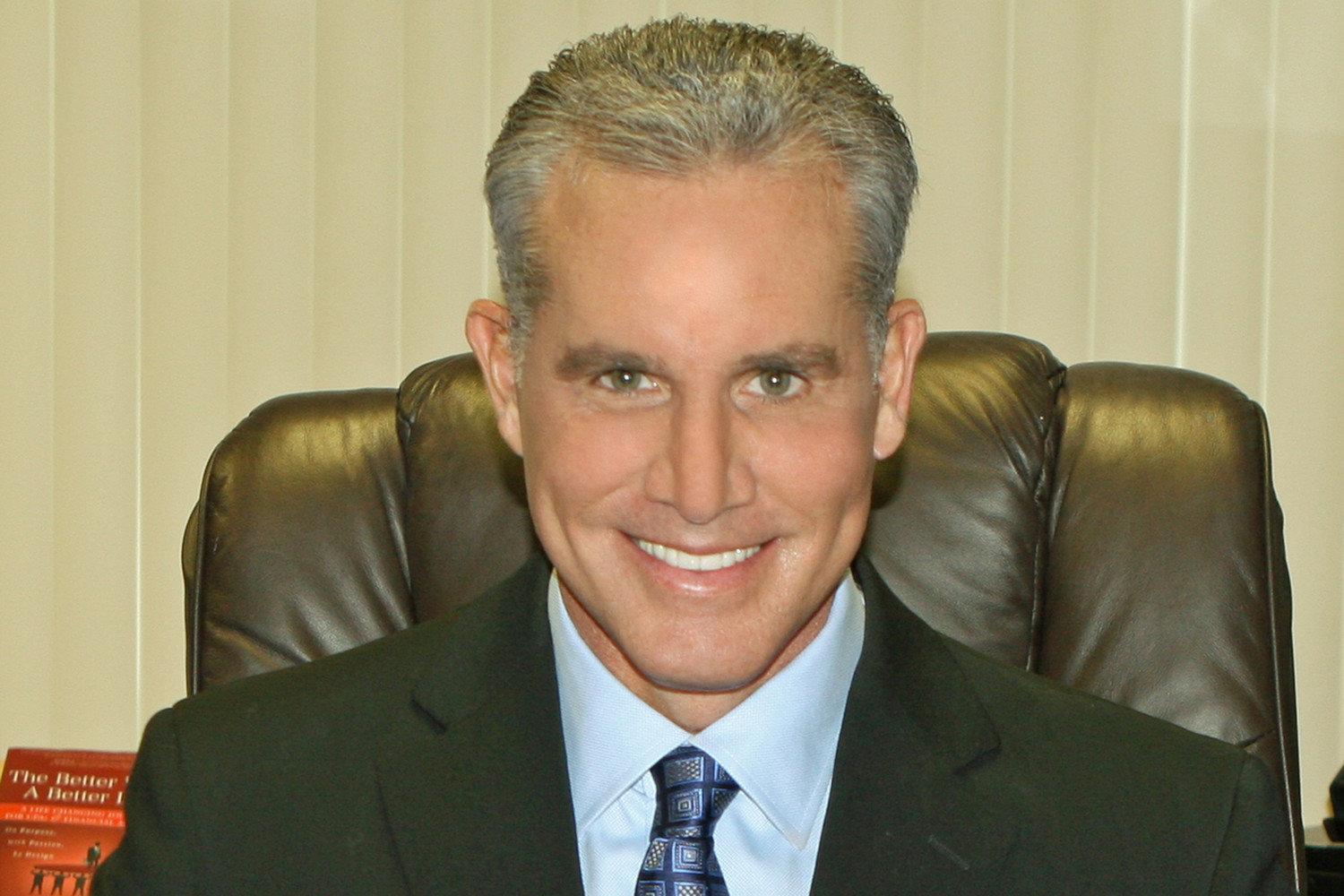Have I got a deal for you!
Columnist
I found someone with a new bag of burritos in his bag of tricks … I mean … bag of investments. I have no idea what that sentence means, but I think it rocks, so let’s go with it. Here is the deal: This hypothetical person will give you a loan (mortgage) to buy a home with a rate of negative .5%. Nope, that is not a typo. He will pay you to take out a mortgage with his bank!
In other words, instead of you making a monthly mortgage payment, the bank will send you a check each month for taking out a loan with them. While this may seem absurd, this offer is real, but the only problem is that you have to live in Denmark and take out the loan with a Danish bank. That is correct; a Danish bank is offering mortgages at a 0.5% negative interest rate — meaning it is paying people to borrow money. To put the -0.5% rate in simple terms: If you bought a house for $1 million and paid off your mortgage in full in 10 years, you would pay the bank back only $995,000.
You might be asking how negative rates affect savers who keep money in savings account and certificate of deposits, also known as CDs. There are truckloads of banks in Europe offering negative rates on savings accounts. Stated perhaps more simply, give them $1,000 today and they will return $9 at some point in the future. I know, crazy, but it is happening around the world.
As uncertainty reigns in Europe, investors are looking for a safe haven for their money, even if it means getting back less than they “invest.” Offering loans at a negative rate and having savers pay money to the bank to hold their money may seem counterintuitive. Why would banks give a mortgage at a negative interest rate and have savers pay the bank for holding their money? The answer is simple and straightforward — to generate economic growth.
Central bankers are encouraging savers to spend their money or invest it in something riskier than bank deposits and money market funds because they want to generate economic growth. However, there is a debate whether negative rates do what they are supposed to do, as there is ample evidence that suggests negative interest rates do more harm than good.
The negative consequences are well documented. For example, the most obvious is negative rates incentivizes risk taking, and penalizes savers. Moreover, a negative rate encourages more government borrowing. This in turn allows politicians to make big promises until one day when rates eventually move higher and the government needs to raise taxes to pay for the outstanding loans.
Although U.S. interest rates are historically low, they still pay savers some interest and banks are still charging an interest rate to take out a loan. There is increasing discussion by the talking heads that the U.S. may indeed end up in a negative interest rate environment should the country enter the next recession.
Back in 1985, a primitive time when a mobile phone was only used to talk to another phone, I became a financial advisor. I was naïve, wet behind the ears and just plain stupid. Nevertheless, interest rates for a 1-year certificate of deposit paid around 9.36%. Today, according to bankrate.com, the national average is .96% for a 12-month CD. So, how low can CD rates go? As we learned from the above narrative, the answer is negative. Seems crazy. but it appears that we might be heading the way of Denmark.
Harry Pappas Jr. CFP ― Managing director-investments; Master of Science Degree Personal Financial Planning; Certified Estate & Trust Specialist; Certified Divorce Financial Analyst
Pappas Wealth Management Group of Wells Fargo Advisors, 818 North Highway A1A, Ste 200, Ponte Vedra, FL 32082; 904-273-7955; harry.pappas@wellsfargoadvisors.com.
The use of the CDFA designation does not permit Wells Fargo Advisors or its Financial Advisors to provide legal advice, nor is it meant to imply that the firm or its associates are acting as experts in this field.
Wells Fargo Advisors is a trade name used by Wells Fargo Clearing Services LLC, Member SIPC, a Registered Broker-Dealer and a non-bank affiliate of Wells Fargo & Company.
The opinions expressed in this report are those of the author(s) and are subject to change. The material has been prepared or is distributed solely for information purposes and is not a solicitation or an offer to buy any security or instrument or to participate in any trading strategy.
Wells Fargo Advisors is a trade name used by Wells Fargo Clearing Services, LLC, Member SIPC, a Registered Broker-Dealer and a non-bank affiliate of Wells Fargo & Company.
Investment and Insurance Products: Not FDIC-Insured/no bank guarantee/may lose value.
This and/or the accompanying statistical information was prepared by or obtained from sources that Wells Fargo Advisors believes to be reliable, but its accuracy is not guaranteed. The report herein is not a complete analysis of every material fact in respect to any company, industry or security. The opinions expressed here reflect the judgment of the author as of the date of the report and are subject to change without notice. Any market prices are only indications of market values and are subject to change. The material has been prepared or is distributed solely for information purposes and is not a solicitation or an offer to buy any security or instrument or to participate in any trading strategy. Additional information is available upon request.







